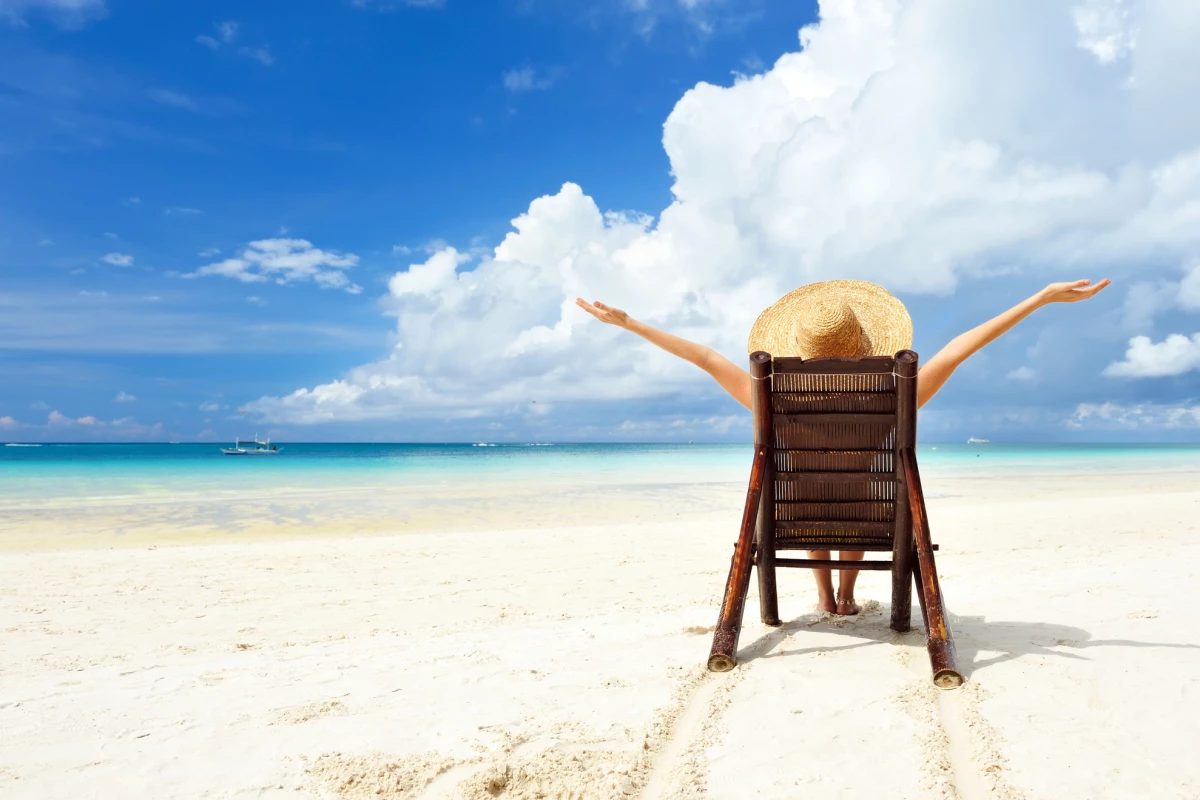With many companies worldwide exploring the implementation of a four-day workweek, new research into the health benefits associated with vacationing would seem to support a move in that direction.
Working from home during the COVID-19 pandemic taught us that a flexible workplace is a feasible reality and reignited the discussion about implementing a four-day workweek.
An adult employee’s standard workday is about half of their waking hours. Before- and after-work-related tasks, such as dressing, making lunch, and commuting to and from work, also need to be factored in. Then there’s time spent doing household chores, attending appointments, and sleeping. These activities leaves little room for leisure.
Now, researchers from the University of South Australia have studied how vacationing affects a person’s health and say their findings apply to the four-day workweek model.
Most four-day workweeks follow the 100-80-100 model, where employees receive 100% of their pay for 80% of the time in exchange for 100% productivity. In other words, they do the same amount of work for the same pay and benefits in four days instead of five. Advocates argue that a four-day week increases employee productivity and satisfaction.
In the current study, the researchers used data from the Annual Rhythms in Adults’ lifestyle and health (ARIA) study, which collected the daily 24-hour movement behaviors of 308 Australian adults over 13 months. They used the data to look at objective changes in the participants’ movement behaviors before, during and after vacations, something previous studies have not done.
Across the 13-month period, participants took an average of two or three vacations, each around 12 days. The most common type of vacation was ‘outdoor recreation’ (35%), followed by ‘family/social events’ (31%), ‘rest and relaxation’ (17%) and ‘non-leisure pursuits’ (17%), which included caring for others or undertaking home renovations.
The study found that when people vacation, they exhibit healthier behaviors. Vacationers engaged in 13% more moderate-to-vigorous physical activity each day, which equates to five minutes more per day. They were sedentary 5% (29 minutes) less each day and slept 4% more (an extra 21 minutes). The changes were more pronounced with vacations of four days to two weeks.
“When people go on holiday, they’re changing their everyday responsibilities because they’re not locked down to their normal schedule,” said Ty Ferguson, lead author of the study. “Interestingly, the size of these changes increased in line with the length of the holiday – so the longer the holiday, the better the health benefits.”
The extra sleep time is especially important to health, the researchers say.
“We also found that people gained an extra 21 minutes of sleep each day they were on holiday, which can have a range of positive effects on our physical and mental health,” Ferguson said. “For example, getting enough sleep can help improve our mood, cognitive function, and productivity. It can also help lower our risk of developing a range of health conditions, such as obesity, diabetes, cardiovascular disease, and depression.”
Following a vacation, moderate-to-vigorous physical activity quickly returned to pre-vacation levels. But increases in sleep lingered for about two weeks after, particularly if the vacation was for longer than one week.
Overall, the study showed a range of health benefits associated with taking a vacation, even if it’s only a short break. The researchers say that the findings support the four-day workweek model.
“This study provides empirical evidence that people have healthier lifestyle patterns when they have a short break, such as a three-day weekend,” said co-author Carol Maher. “This increase in physical activity and sleep is expected to have positive effects on both mental and physical health, contributing to the benefits observed with a four-day workweek.”
Data obtained by the not-for-profit group 4 Day Week Global (4DWG) align with the current study’s findings. In 2022, 4DWG ran six-month trials in Ireland, the US and Canada, the UK, Australia and New Zealand. Data from the UK trial showed that 71% of workers had reduced levels of burnout, 43% had improved mental health, and 73% reported greater satisfaction with how they spent their time. The US and Ireland trials demonstrated a revenue increase of 8% during the trial period and a 12% increase in new employees; 67% reported less burnout and 41% reported a decrease in work complexity despite working fewer days.
“As the world adapts to a new normal, perhaps it’s time to embrace the long weekend as a way to boost our physical and mental health,” Maher said.
The study was published in the International Journal of Behavioral Nutrition and Physical Activity.
Source: University of South Australia





